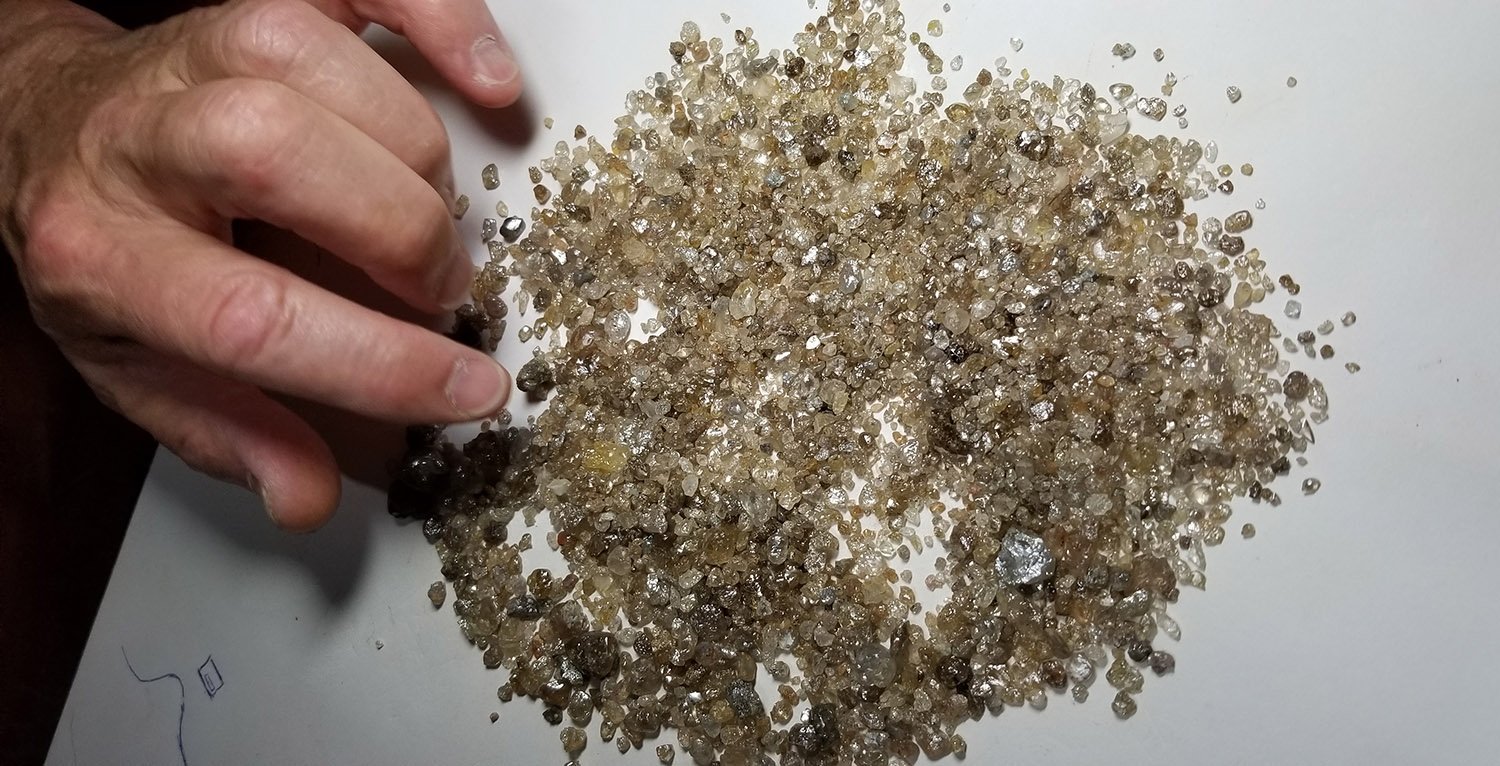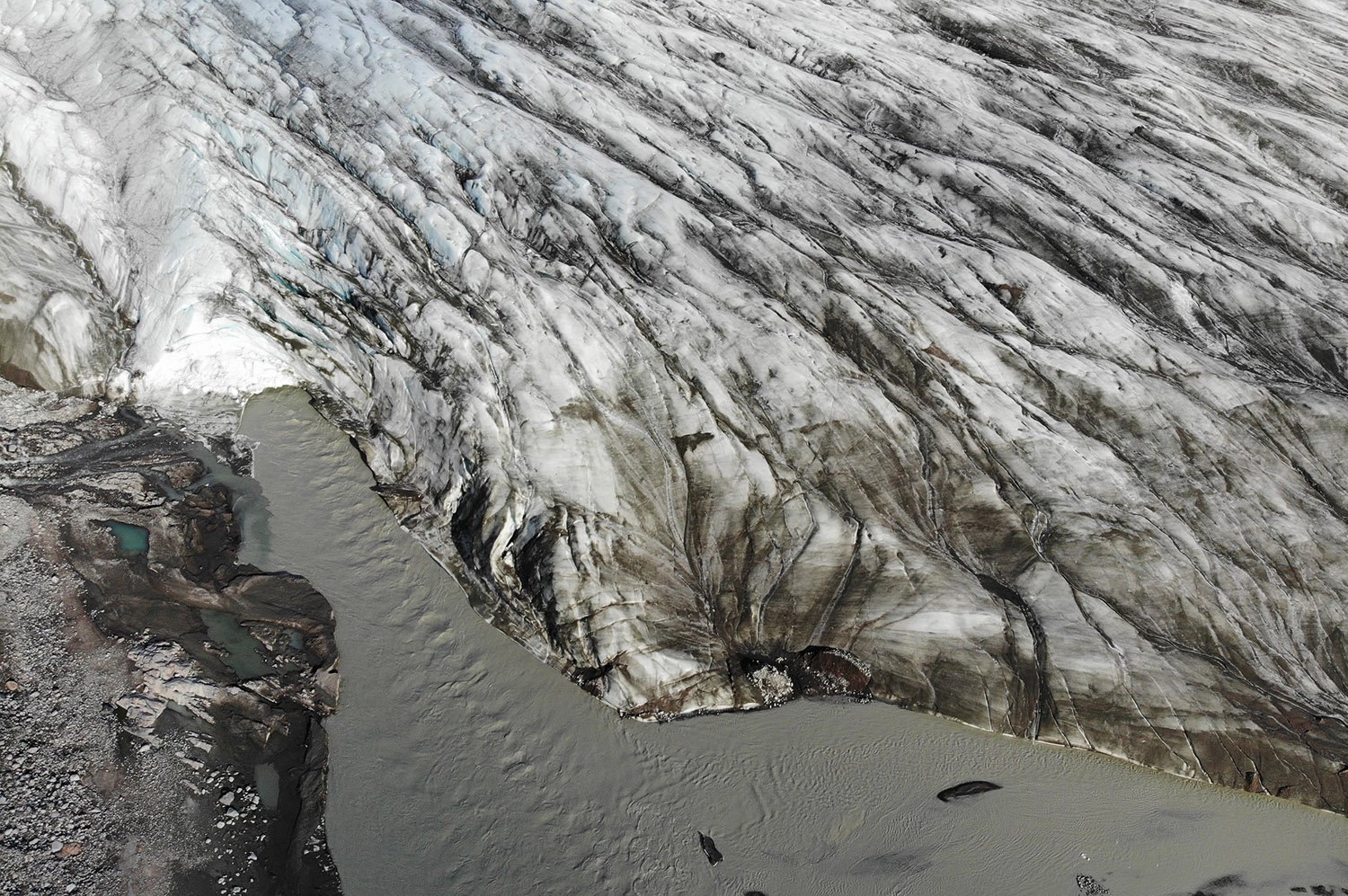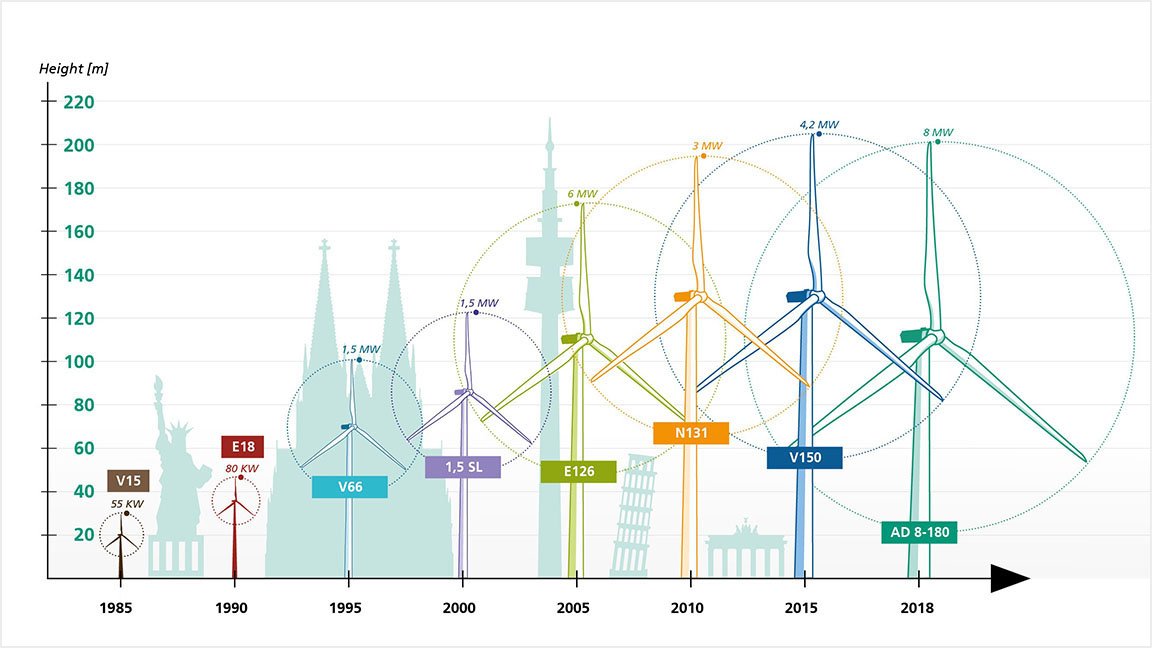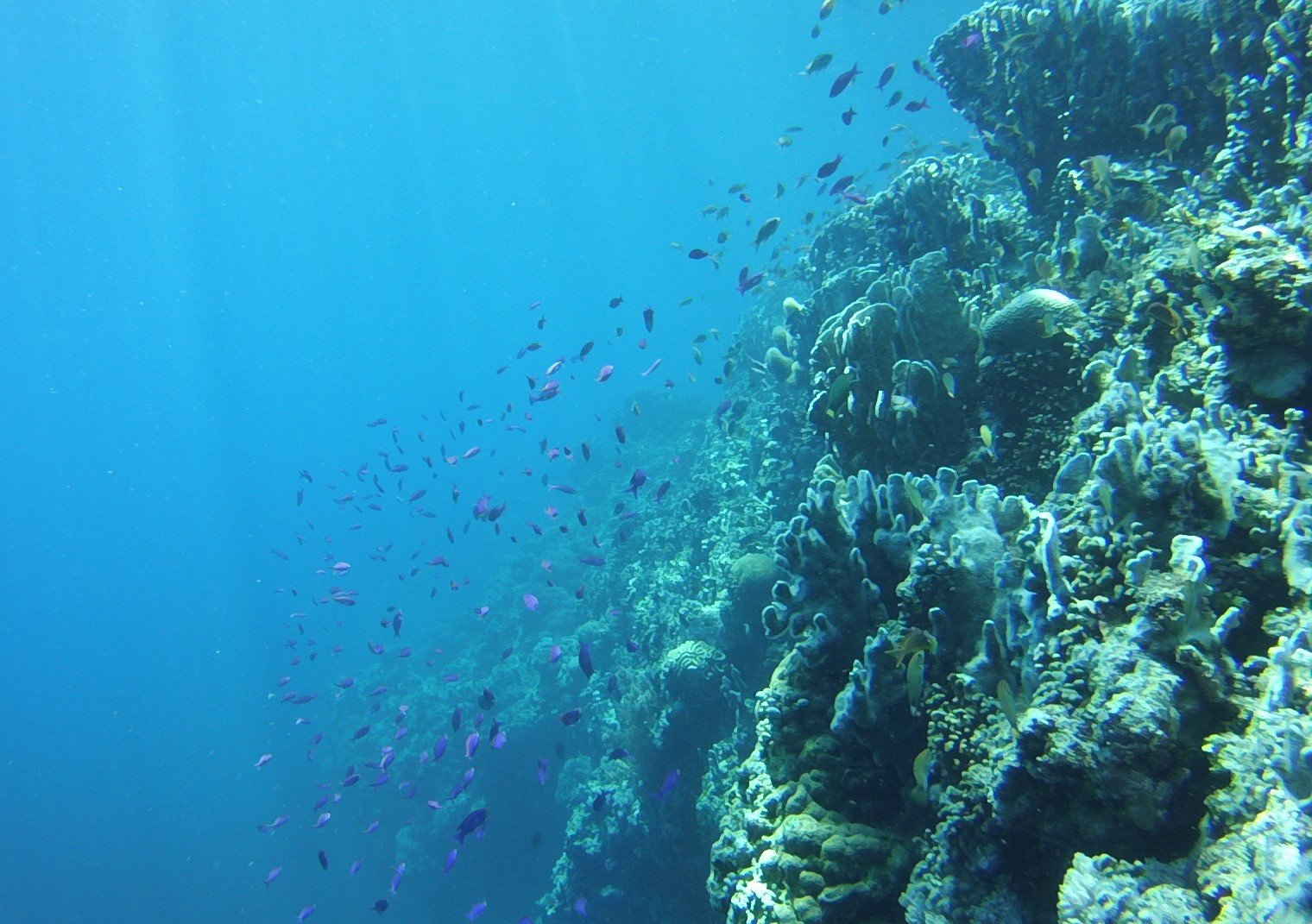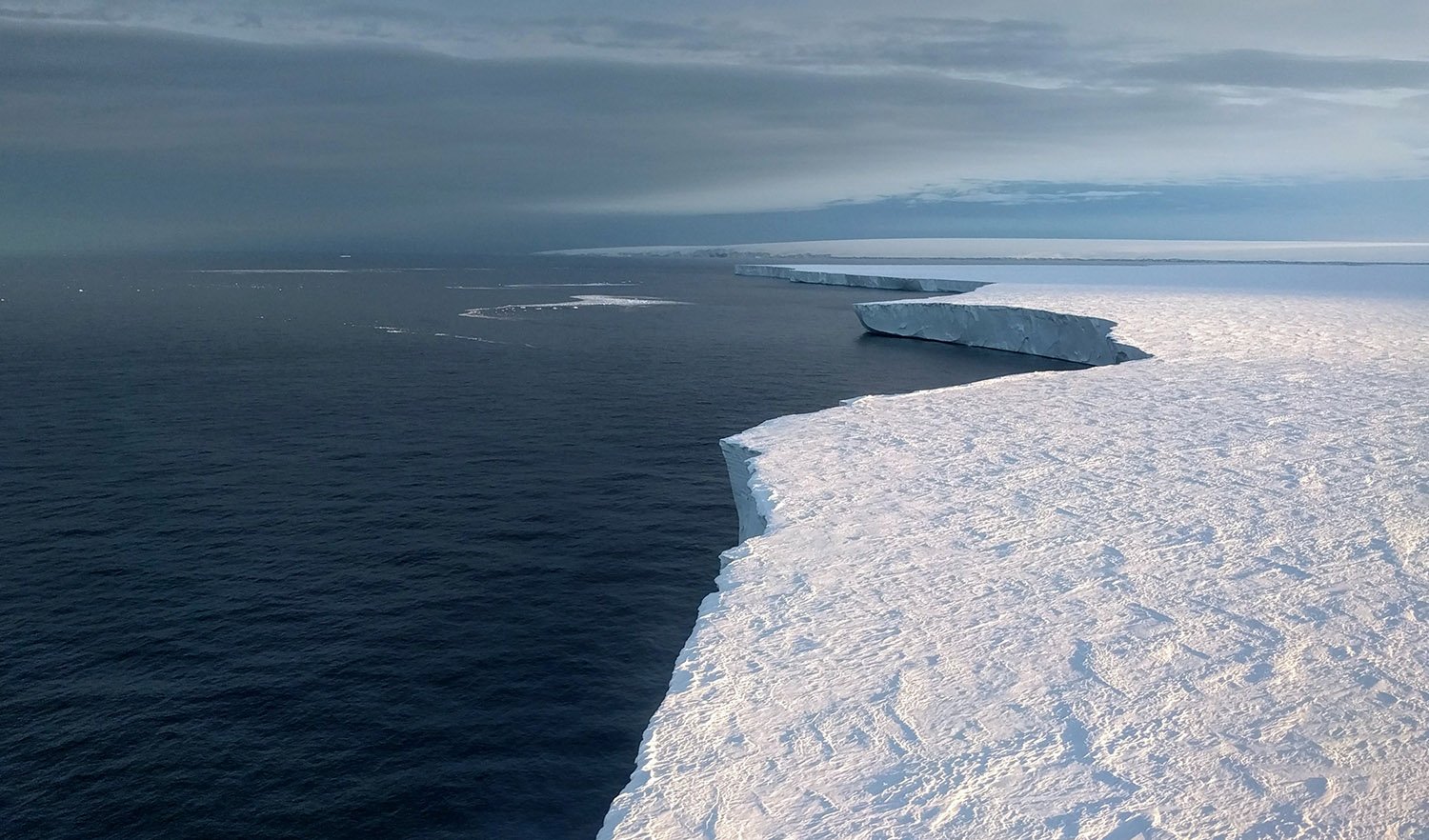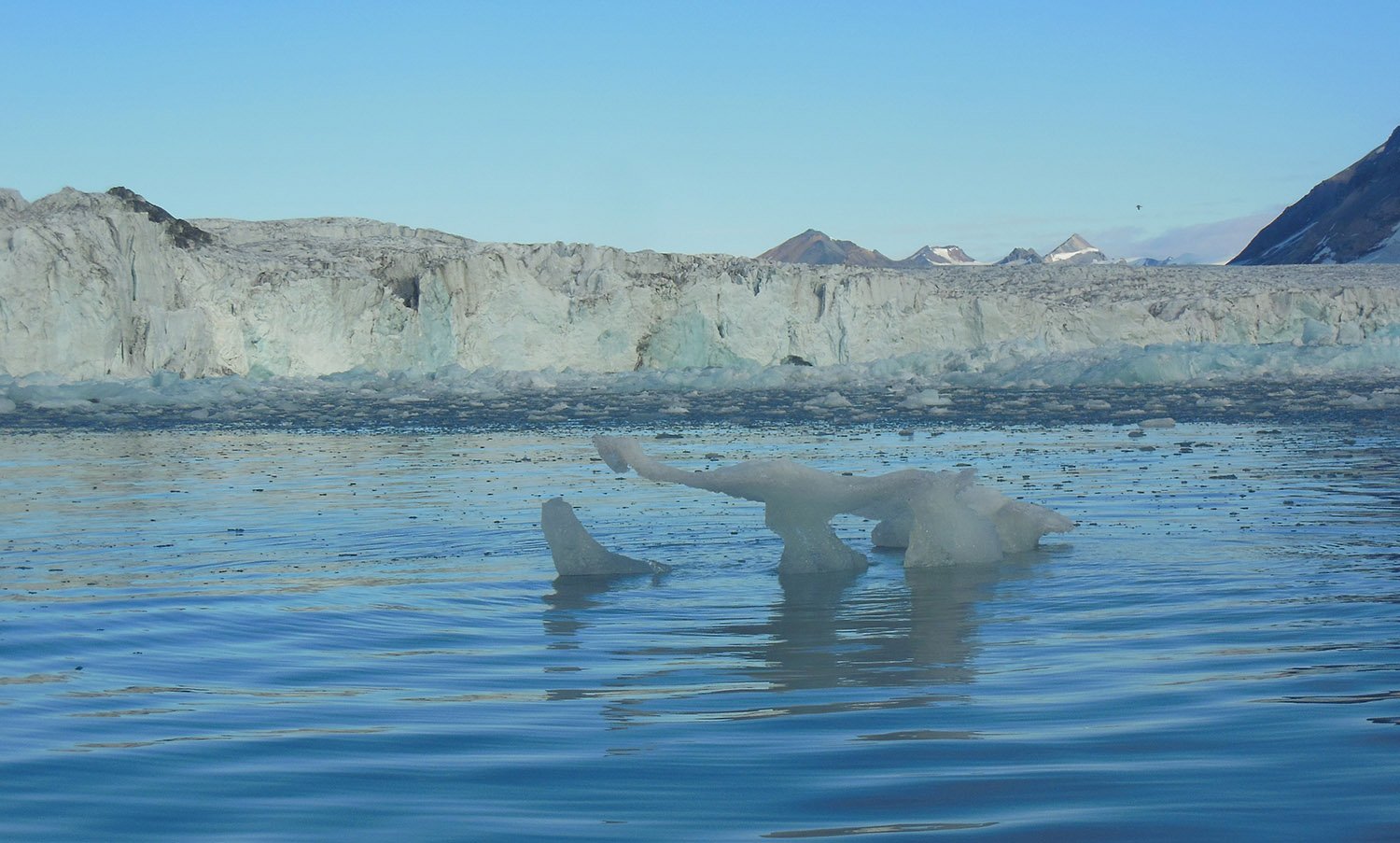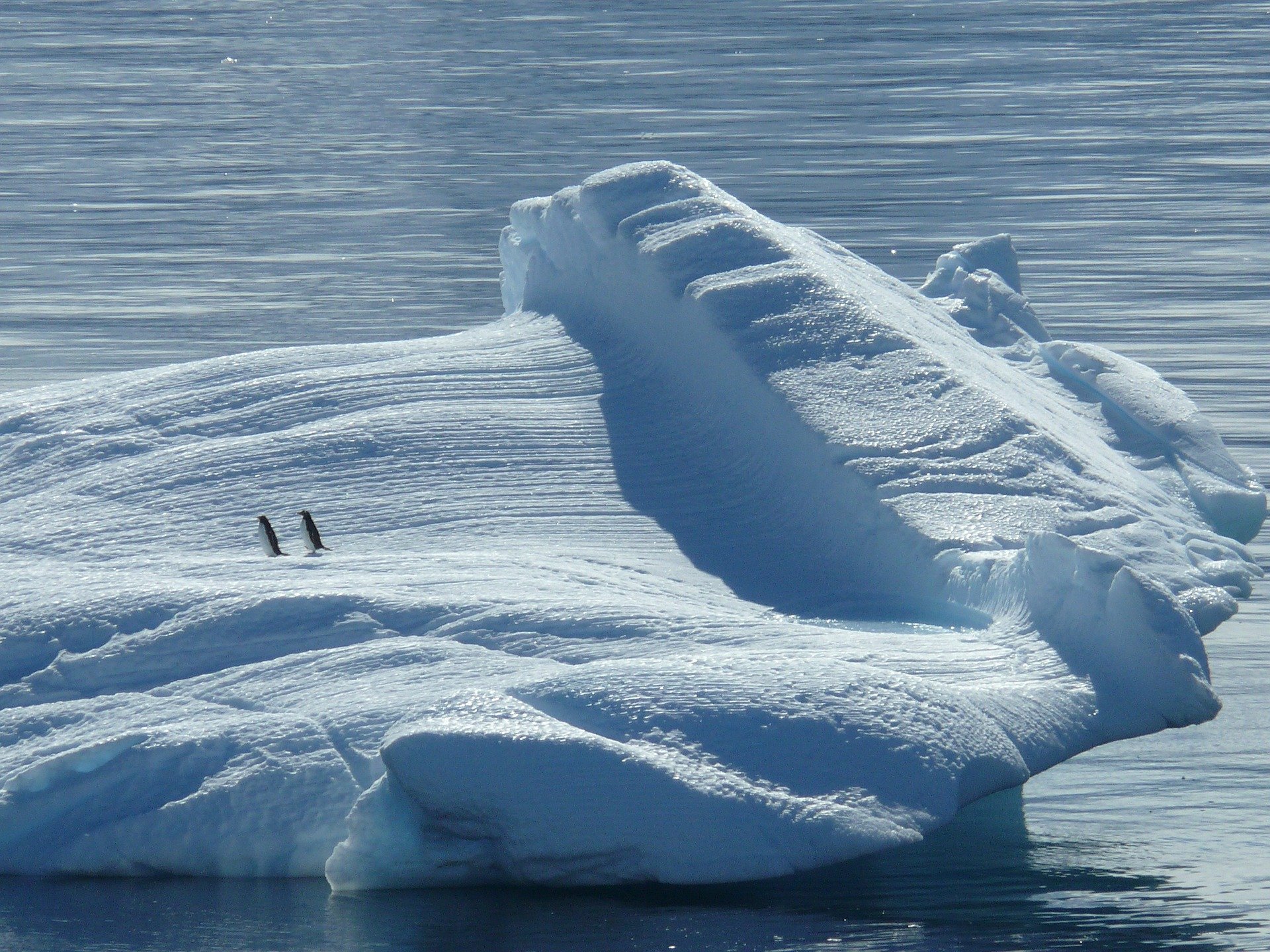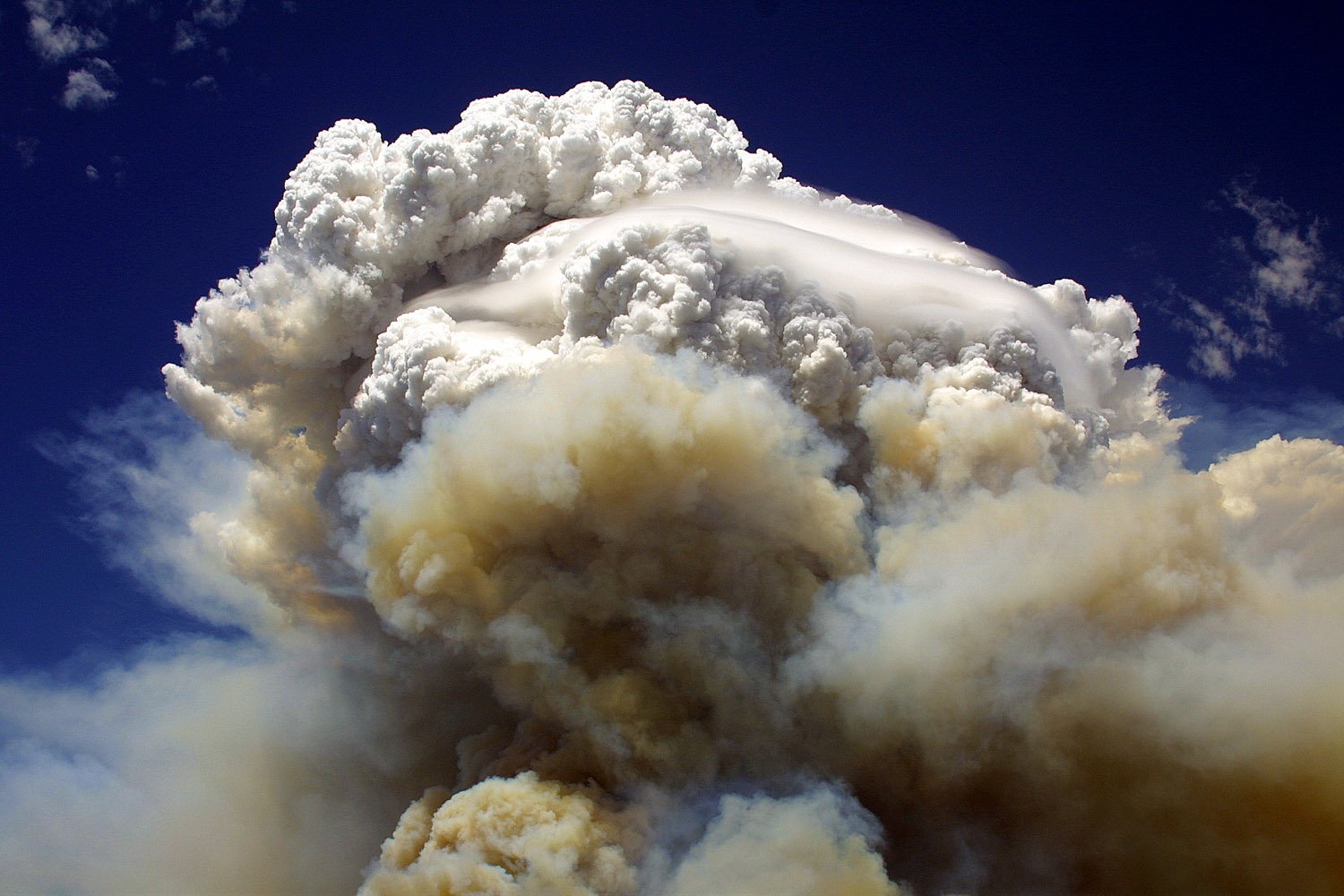Superdeep diamonds confirm ancient reservoir deep under Earth’s surface
Scientists have long suspected that an area of the Earth’s mantle, somewhere between the crust and the core, contains a vast reservoir of rock, comparatively undisturbed since the planet’s formation. Until now, there has been no firm proof if or where it exists. Now an international group of scientists has measured helium isotopes contained in … Read more
